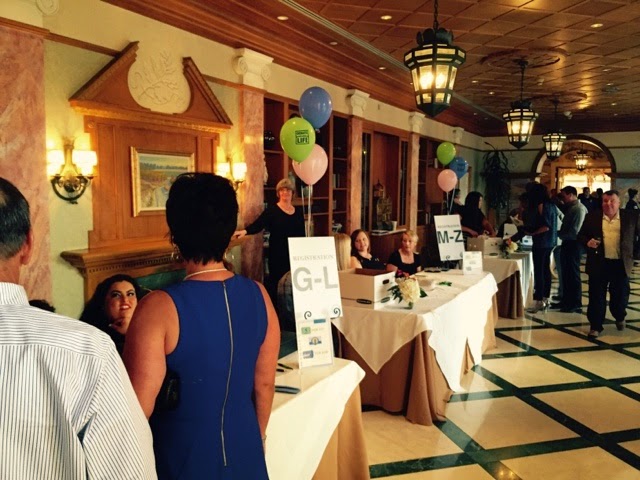- Has high volume of new volunteers each year. Software maintains history
- Has multiple people who need to enter attendees, donations, items etc. – Cloud software can have unlimited users and real time updates
- Needs to sell tickets and take donations online – Software reduces data entry
- Is not able to tell its auctioneer or board which part of its auction raises the most money
- Is not able to tell your auctioneer or board the average % of value your silent and live auction delivered at an event
- Doesn’t know what sold well the year before
- Doesn’t know who its most generous donors are
- Has long lines at check-in and out and spends weeks afterwards collecting the money
- Doesn’t know who was thanked from the event guests to coordinators
- Needs to reduce the stress of its volunteer and paid staff
A PC version is nice for one person but when an organizations has multiple people managing auction details, an online version means multiple users can work at the same time. Furthermore, the IT team doesn’t have to install it on a network. Information is available 24/7 for the auction team.
Software helps you keep the history of the event to hand off to next year’s team. Also, software that runs reports helps organizations measure areas of success and opportunities to improve. Lastly, it can help with quick registration, entering winning bids and checking attendees out quickly.
It might be time for software if you’ve recently said, “I’ll never volunteer again!”
Debby Roth-Bush, Greater Giving for Elite Auctions& Fundraising Services













